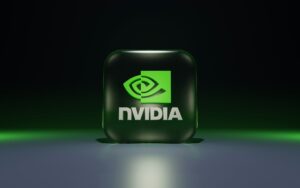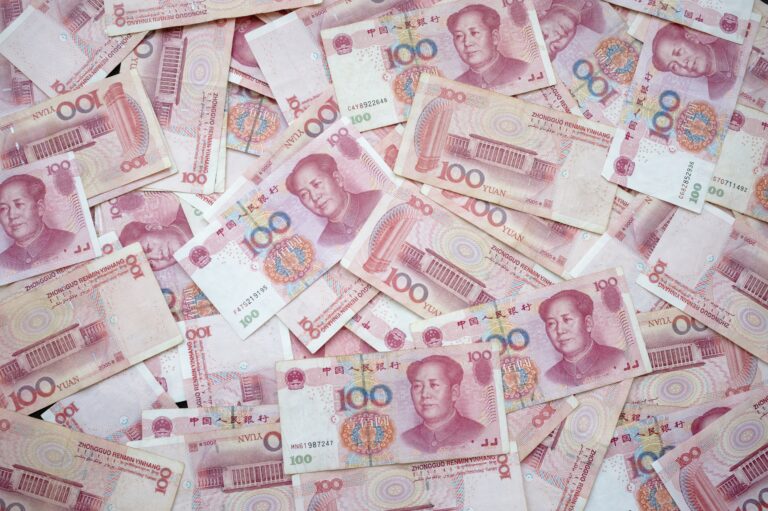In a major escalation of the global technology rivalry, China’s government has reportedly banned domestic tech firms from purchasing AI chips from US giant Nvidia. The move marks a significant blow to Nvidia’s presence in a key market and underscores Beijing’s accelerating drive for technological self-sufficiency.
Sources familiar with the matter told the Financial Times that the Cyberspace Administration of China (CAC), the country’s top internet regulator, issued a directive instructing companies like Alibaba and ByteDance to halt their orders and testing of Nvidia’s chips. The ban specifically targets the RTX Pro 6000D, a new AI processor designed by Nvidia for the Chinese market to comply with previous US export restrictions.
This latest action by Beijing is seen as a direct response to a years-long campaign of US export controls aimed at restricting China’s access to advanced semiconductors. The US has sought to curb China’s progress in artificial intelligence and other cutting-edge technologies, citing national security concerns. The result has been a series of tit-for-tat measures, with both sides imposing restrictions and penalties on the other’s tech companies.
The ban comes just days after Chinese regulators reportedly concluded that homegrown chips have reached a level of performance comparable to or even exceeding the Nvidia products allowed for sale in China. This assessment has emboldened Beijing to push its domestic tech giants to rely on local manufacturers, like Huawei and Cambricon, instead of foreign suppliers.
“The message is now loud and clear,” an executive at one of the affected Chinese tech companies said. The directive is a strong signal that the government is prepared to actively intervene to promote its domestic chip industry.
The shift away from Nvidia will be challenging for Chinese firms, which have long relied on the US company’s chips to train their massive AI models. Nvidia’s advanced chips have been a foundational technology for AI development globally.
The new ban is a harsher measure than previous “guidance” that discouraged the purchase of Nvidia’s H20 chip, an earlier China-specific model. It threatens to eliminate one of the few remaining significant revenue streams for Nvidia in the Chinese market.
Nvidia CEO Jensen Huang, speaking in London, expressed his disappointment but reiterated the company’s support for the US government. “There are a lot of places we can’t go to, and that’s fine,” he stated, adding that he would “support the US” as it navigates its geopolitical issues with China.
The decision has already impacted Nvidia’s share price, which dipped in premarket trading following the news. It highlights the growing technological decoupling between the world’s two largest economies, a trend that is reshaping the global semiconductor industry and forcing tech companies on both sides to adapt to an increasingly complex and restrictive geopolitical landscape.














